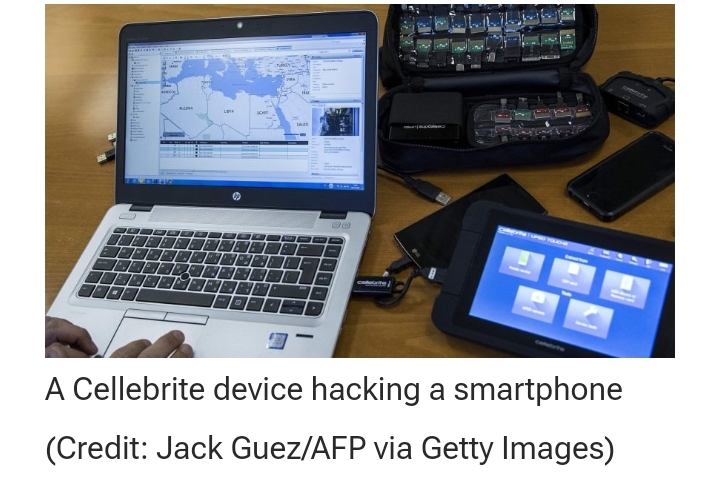As 404 Media notes, the incident “highlights the constant cat and mouse game between hardware and operating manufacturers like Apple and Google, and the hacking companies looking for vulnerabilities to exploit.”
Leakers recently provided 404 Media with private Cellebrite documents that the company usually only shows to customers; one for IOS and one for Android. They show that Cellebrite technology may have difficulty cracking iPhones running iOS 17.4 and up.
Cellebrite’s Supersonic Brute Force feature only works on iPhone XR and 11 models running iOS 17.1 through 17.3. On the iOS doc, support for those OSes is listed as “coming soon” to the iPhone 12, 13, and 14 and “In Research” for the iPhone 15. On iOS 17.4 and above, it’s listed as “In Research” for all models. So if you’re an agency trying to unlock a suspect’s iPhone, you better hope they haven’t upgraded in awhile.
It’s not clear which Samsung phone the shooter had. The Android doc provided to 404 Media says Cellebrite is “fully supported” on the Galaxy S24, S24+, S24 Ultra, A05, A15, and A25. But your mileage may vary depending on which version of Android the phone is running and what you want to do, according to another chart in the doc.
According to Cellebrite’s website, over 6,900 public safety agencies and enterprises use its tech in over 100 countries. That includes all 50 US states and over 100 federal agencies. In 2019, for example, US Immigration and Customs Enforcement (ICE) said it would spend at least $30 million to buy smartphone-hacking technology from Cellebrite.
Tech companies have tangled publicly with the feds over their requests to help them get into suspects’ phones. Most notably, Apple declined to create an iOS backdoor so that the FBI could access a phone that belonged to one of the shooters in a December 2015 terrorist attack that killed 14 people in San Bernardino, California.
“We have no more information about this phone,” CEO Tim Cook said at the time. “The only way to get information…would be to write a piece of software that we view as sort of the software equivalent of cancer.”
Cellebrite was rumored to be helping the FBI unlock that iPhone, but it was later revealed that the FBI used technology from Australia-based Azimuth Security to ceack the smartphone, The Washington Post reported in 2021.
